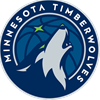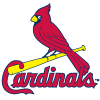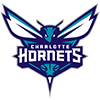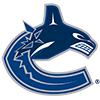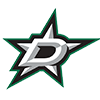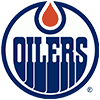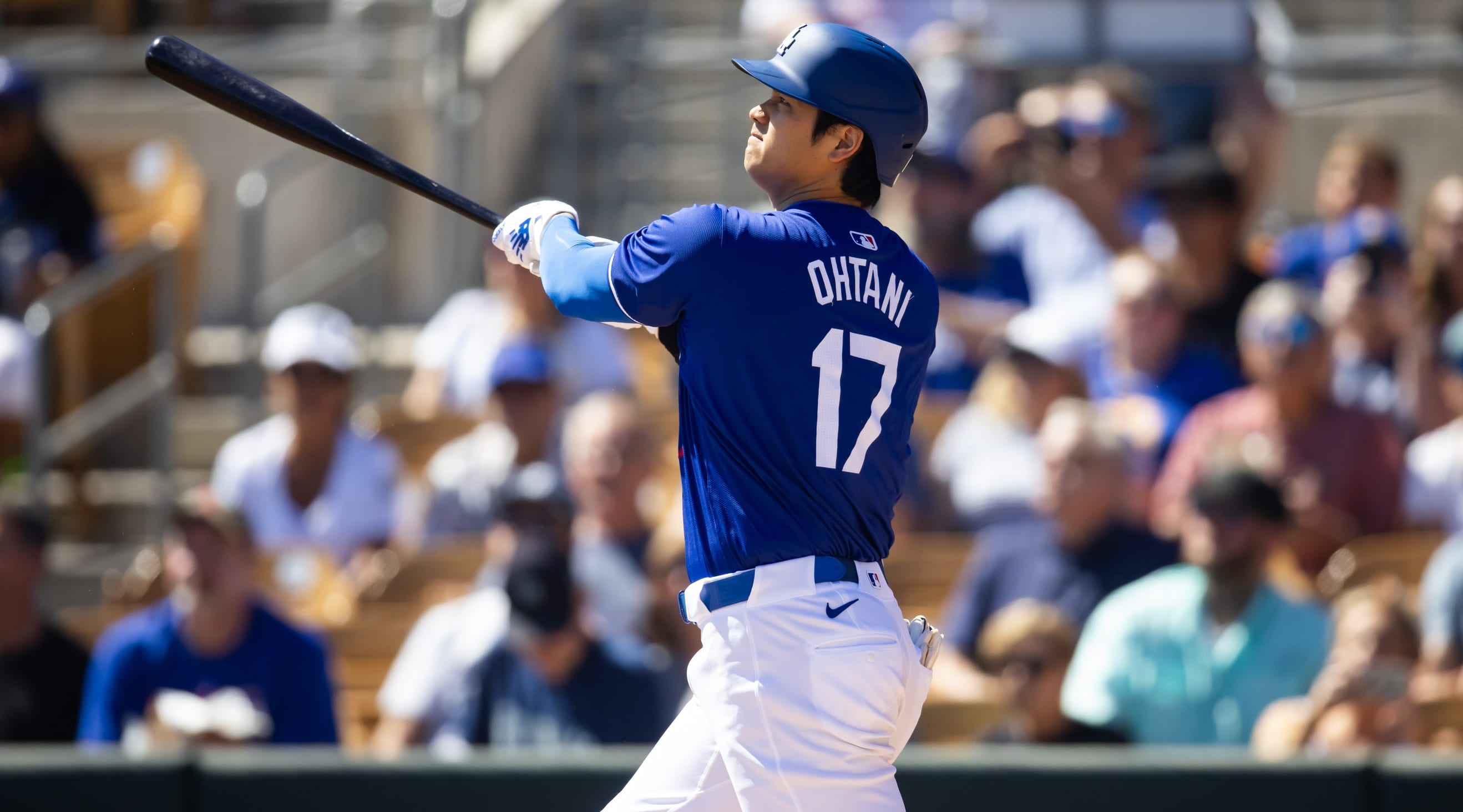One year ago, Mike Leake was the ace starter for the Arizona State Sun Devils, positioning himself for the first round of the 2009 draft. Flash forward to 2010, and he's just been named the fifth starter of the Cincinnati Reds, without having thrown a pitch in the full-season minor leagues.
The track record of pitchers jumping directly from the amateur ranks to the majors is mixed, at best. Since the draft began in 1965, 10 pitchers have leapt directly to a pro debut in the majors: Mike Adamson, Jim Abbott, Eddie Bane, Pete Broberg, David Clyde, Tim Conroy, Darren Dreifort, Steve Dunning, Burt Hooten, and Mike Morgan. This list has some good pitchers on it, but is hardly a catalog of aces, and the majority were complete busts.
Does Leake have what it takes to overcome history? Can he be another Burt Hooten (a very solid pitcher), or have the durability of Mike Morgan? Or will he follow in the footsteps of failed collegians Eddie Bane (a fellow Arizona State product) and Mike Adamson?
BACKGROUND
Mike Leake was drafted in the first round in 2009, out of Arizona State University. A three-year starter for the Sun Devils, he went 13-1, 3.60 as a freshman, 11-3, 3.49 as a sophomore, then 16-1, 1.71 as a junior, earning All-American honors and plaudits as the best college pitcher not named "Strasburg" last spring. Drafted eighth overall last June, he signed late and didn't pitch professionally last
One year ago, Mike Leake was the ace starter for the Arizona State Sun Devils, positioning himself for the first round of the 2009 draft. Flash forward to 2010, and he's just been named the fifth starter of the Cincinnati Reds, without having thrown a pitch in the full-season minor leagues.
The track record of pitchers jumping directly from the amateur ranks to the majors is mixed, at best. Since the draft began in 1965, 10 pitchers have leapt directly to a pro debut in the majors: Mike Adamson, Jim Abbott, Eddie Bane, Pete Broberg, David Clyde, Tim Conroy, Darren Dreifort, Steve Dunning, Burt Hooten, and Mike Morgan. This list has some good pitchers on it, but is hardly a catalog of aces, and the majority were complete busts.
Does Leake have what it takes to overcome history? Can he be another Burt Hooten (a very solid pitcher), or have the durability of Mike Morgan? Or will he follow in the footsteps of failed collegians Eddie Bane (a fellow Arizona State product) and Mike Adamson?
BACKGROUND
Mike Leake was drafted in the first round in 2009, out of Arizona State University. A three-year starter for the Sun Devils, he went 13-1, 3.60 as a freshman, 11-3, 3.49 as a sophomore, then 16-1, 1.71 as a junior, earning All-American honors and plaudits as the best college pitcher not named "Strasburg" last spring. Drafted eighth overall last June, he signed late and didn't pitch professionally last summer, but a strong debut in the Arizona Fall League put him in contention for a rotation spot this spring. This seemed mostly like courtesy consideration back in early February, but he was impressive enough to push aside his competition and earn the fifth starter role.
TRADITIONAL SCOUTING REPORT
Leake is a 6-foot-1, 190-pound right-handed hitter and thrower, born November 12, 1987. He is an excellent overall athlete, good enough to have been a prospect as a shortstop. He's a good hitter, hitting 340/.500/.574 as a sophomore and .303/.343/.485 as a junior. His hitting skills should come in handy in the National League, and his athleticism helps him as a fielder.
Pitching-wise, Leake is best-known for his amazing polish and competitiveness: he has an exceptional feel for carving up hitters. His fastball can hit 94 MPH when he needs it to, but even at 88-91 the heater has good sinking and cutting action, enabling it to play up even on the weaker gun-reading days. The contrast between his fastball and secondary pitches is also notable: he has a hard slider, a slower curveball, and an excellent changeup, all the pitches working together synergistically to keep hitters off stride. His delivery is also rather deceptive. His confidence is unparalleled and he showed he could handle pressure in college.
Leake's main weakness, at least in the eyes of some traditionalists, is size: he's not a big guy and has no remaining projection, meaning that his stuff is as good now as it is ever going to get. But that's pretty damn good, and so far he hasn't found a group of hitters that he can't get out.
SABERMETRIC ASSESSMENT
With no minor league data to work with, it is hard to make a purely sabermetric assessment of Leake. Nevertheless, there are some things to look at.
He was very effective as a 19-year-old freshman for ASU back in 2007, going 13-1, 3.60 with a 90/27 K/BB in 118 innings, allowing 13 homers. As a sophomore, he went 11-3, 3.49, but improved his strikeout rate and lowered his walk rate, while cutting his home-run rate in half. This improvement continued as a junior, with an 16-1, 1.71 mark and just four homers allowed in 142 innings. His strikeout rate in college went from 6.9 K/9IP as a freshman, to 7.7 as a sophomore, to 10.3 last year. His walk rate declined from 2.1 to 1.5 his first two seasons, then stayed steady at 1.5 last year. The numbers show his pitching skills going from a very good baseline to truly exceptional, at least in the college framework.
In the Arizona Fall League, Leake posted a 1.37 ERA with a 15:3 K:BB in 19.2 innings with 20 hits allowed. In spring training this year, Leake pitched 18 innings, allowing 16 hits with a 10:4 K:BB ratio, with six earned runs given up leading to a 3.00 ERA. Given the sample size and unusual conditions of spring training, camp performance is not always meaningful, but obviously it is better to pitch well than to pitch poorly.
If you combine the AFL and the spring numbers, you get 37.2 innings, a 25:7 K:BB ratio, 36 hits allowed, and a 2.15 ERA in Leake's first look at professional hitters. The strikeout rate in that sample is lower than I'd like at 5.97 K/9IP, but his walk rate is low and he's hardly been overmatched.
FANTASY INVESTMENT VALUE
If history is any guide, the Reds are taking a significant risk by pushing Leake into major league action this quickly. I firmly believe that almost every pitcher benefits from a full year of Double-A and Triple-A exposure. However, if you have to rush a guy, it's certainly better to try it with an extremely polished college arm like Leake than with a pitcher still feeling his way around the margins of his craft..
Because he doesn't have consistent plus velocity, a lot of scouts see Leake as a No. 3 or No. 4 starter, although his superb command and confidence help his natural skills play up, and in his best seasons he could be more of a No. 2 starter. That assumes he will stay healthy, and that he isn't overwhelmed by the majors. Pitching well for Arizona State isn't easy; pitching in the majors is another order of difficulty entirely.
Leake is about as well-prepared as you can be without minor league experience. We'll just have to see if that's enough.
Article first appeared 4/6/10









